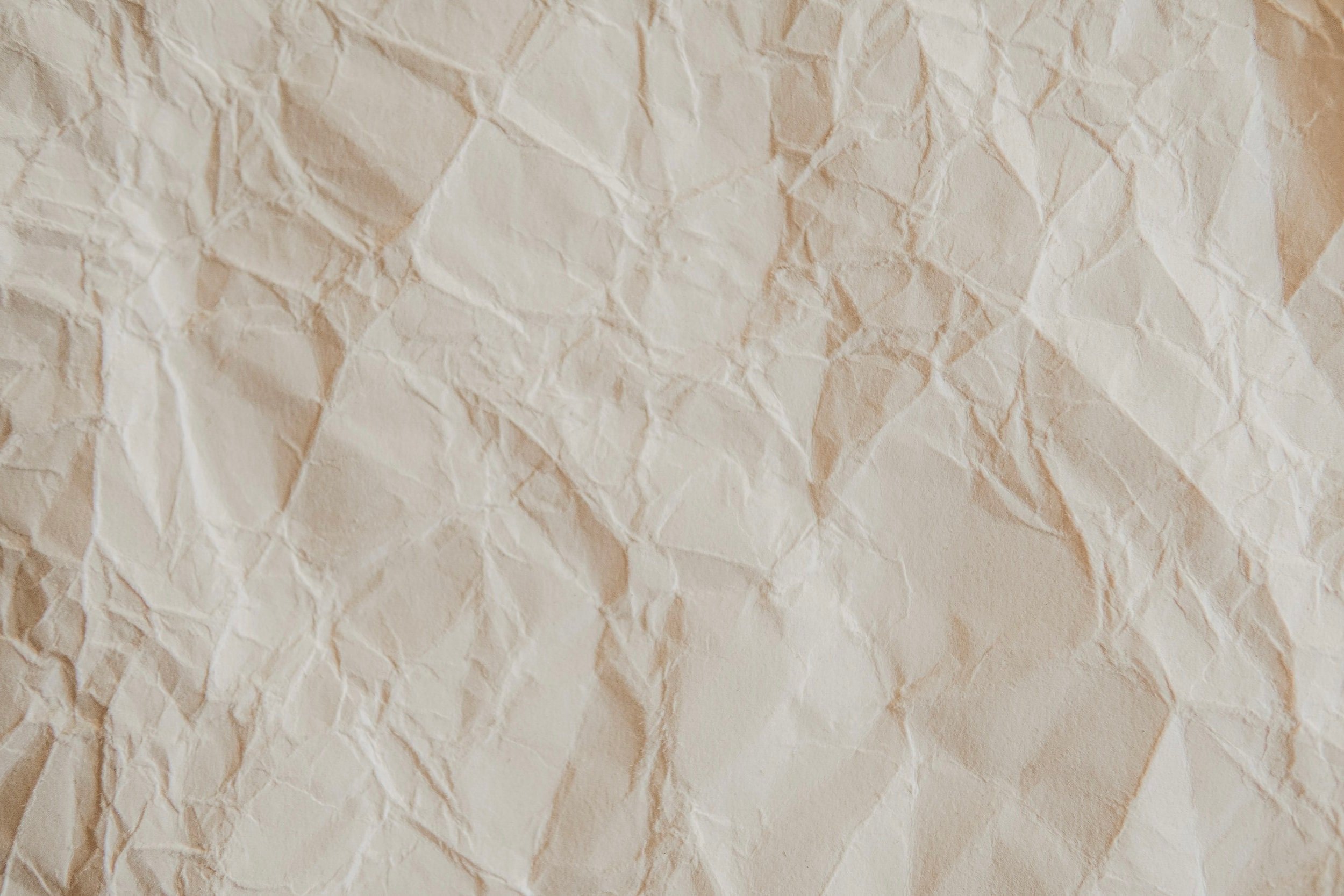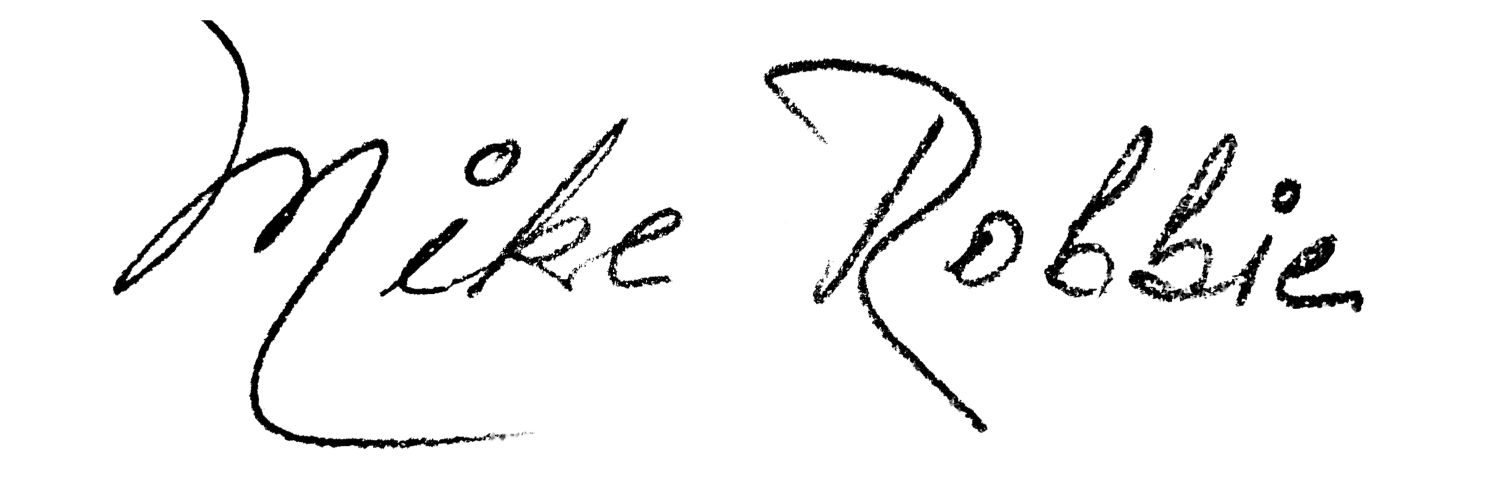
a songwriter
Known in a circle of aspiring west coast songwriters for his uniquely ambiguous perspective, an occasionally mystical, and often stream-of-consciousness writer, Mike Robbie is now re-emerging on the scene. Robbie is truly the epitome of today’s ultra independent-minded singer-songwriters, most notably writing in today’s Americana and Indie Folk spaces, while professional writing critiques in Nashville have also commended the “poet aspects” in his unique song craft. Quick to shun labels, Robbie prefers a revivalist approach of sorts, as he explains: “using the old ways of the masters, like the cut-up method, or blackout method, picking random words from book stacks, creating word ladders, or sometimes what I like to call ‘straight-up existentialism’ while driving around and dictating random real-time observations into my iphone. These are the kind of writing exercises I use to twist language around, find unique word combinations and leave some space for the music to glue it together.” Interestingly, Robbie often prefers freewriting on vintage manual typewriters, which has become somewhat of a signature, as he adds, “it’s almost musical when you get a good typing rhythm going with zero editing.”
Robbie, also a multi-instrumentalist, allows himself the freedom to develop his own unique sound and ideas while crafting song lyrics that channel a wide variety of influences. Though, Robbie’s mélange of styles fall solidly in today’s catch-all of Americana, perhaps even better into the older alt-country moniker, but there is something alternative in Robbie’s art form. He employs some vintage pop keyboard riffs, over his raw acoustic and carefree folk-rock, and even dives into some jam-band territory with some longer songs featuring good extended solos. All this spreads out quite comfortably and warm in his new forthcoming album entitled, the riverweeds, due for its official release this Fall.
Equally at home as a composer of instrumental music, Robbie continues to write/produce on his own as well as work collaboratively from LA to Nashville, expanding his current repertoire with side-projects, co-writing, moonlighting as a poet, and even freelancing journalism work. Despite his desire for musical collaboration and live performance, Robbie’s writing remains his focus and is distinctly his own: good hooks, a story open to some vague interpretation, melodic lines that feel good, and at the same time are immediately recognizable in some time-honored way. “If you strip away the labels and other non-sense, it’s all folk music at its core,” Robbie explains. “Almost everything I write starts out on a good old vintage acoustic guitar – just me and the wood and the strings, usually in the late night hours. The more interesting instrumentation and arrangements are added later, as the song grows.”
perspective
Born, raised, and currently still living just south of Los Angeles, Robbie took piano lessons at a young age, was later inspired by his parent’s vast vinyl record collection - The Beach Boys, The Beatles, Creedence Clearwater Revival, The Band, Cat Stevens, the Rolling Stones, and Simon and Garfunkel to name a few. He actually attended a Tom Petty and the Heartbreakers concert at 6-years-old and he remembers it well. His grandparents, both musicians, may have also inspired him at a young age with their own renditions of classic folk and pop songs coming over from the UK. Robbie studied TV/Radio and Film in college, while playing in bands and starting to write some songs. He later cut his teeth as a guitar player in and around the Long Beach music scene collaborating with some local artists, playing in a handful of short-lived projects, and then finally fronted a band with his younger brother for a few years. At that time, a local music critic, Martin Brown, gave Robbie some unique praise, specifically on a track he wrote entitled ‘Space Station Coffee’ by stating in his song review, “I have discovered a new genre of music and I am giving it the name Sci-Fi Country. The world's first proponent of this new genre is California’s Rusted Wagon, with their song “Space Station Coffee” written by Mike Robbie. A strumming ballad, a la the Eagles, but with some interesting things happening - fuzzy guitar, noises from satellites, a mélange of banjo and the kind of sounds Neil Armstrong Young might have heard if he had ever lived in some alternate universe.” Enough said.
the riverweeds
Over time, Robbie was evolving his sound to a more approachable, perhaps less- experimental, kind of roots-folk-country rock jam, as he continued woodshedding with new, local friends like Dale Andersen (guitar), Tim Wickham (drums), and Nick Tracz (bass). Later on, some LA-based session players and new colleagues the likes of Eric Corne (mixer/engineer), Sasha Smith (piano), Jamison Hollister (violin) and Jay Kardong (pedal steel) contributed to the songs. Julie Lavery, from Nashville, makes a tasteful contribution to “California Roses” on backing vocals. During this time, he would take long, introspective walks along the river near his home. This led to him naming the loose project “the riverweeds,” as Robbie shared, “they are something quite beautiful but so easily passed over.” Eventually, the recording sessions and rehearsals came to a halt when the bass player skipped town, a local recording studio closed up, and priorities of family life pulled Robbie’s full attentions – this included the loss of his mother, and a year later – the birth of his daughter. When the covid-19 pandemic struck it opened up a window of time to return to the unfinished music, this time working with Eric Corne in Los Angeles, as they (safely) put the final touches on several tracks, all to be released as the riverweeds album in late 2023.
Robbie has since joined the Nashville Songwriters Association, Westcoast Songwriters Association, Americana Music Association, as well as becoming a contributing writer for Americana UK, and writing freelance magazine articles.
typewriters and the muse
A 2019 songwriting seminar was followed by the acquisition of a vintage manual typewriter, all of which stimulated a return to the joy of songwriting for Robbie. “What I love about working with an old, manual typewriter is how it changes your approach to writing. There is no delete button. You develop an almost musical rhythm in concert with the machine. It’s an existential kinda thing for me, it just flows.” Robbie admits he was once a hypercritical creative who revised more than he purely created, leading to various road blocks. “I was in a bad place for a couple of years – I didn’t want to write anything new, and didn’t really pick up a guitar for a good, long while. It might have been a form of depression, I really don’t know.” Some of Robbie’s newer compositions take on an almost stream-of-consciousness motif in the voice of those years, as his melodies groove along, the words hit both high and low. Indeed, in these days of so much over-produced and heavily-synthesized pop music, Robbie is definitely a throwback to simpler times.
